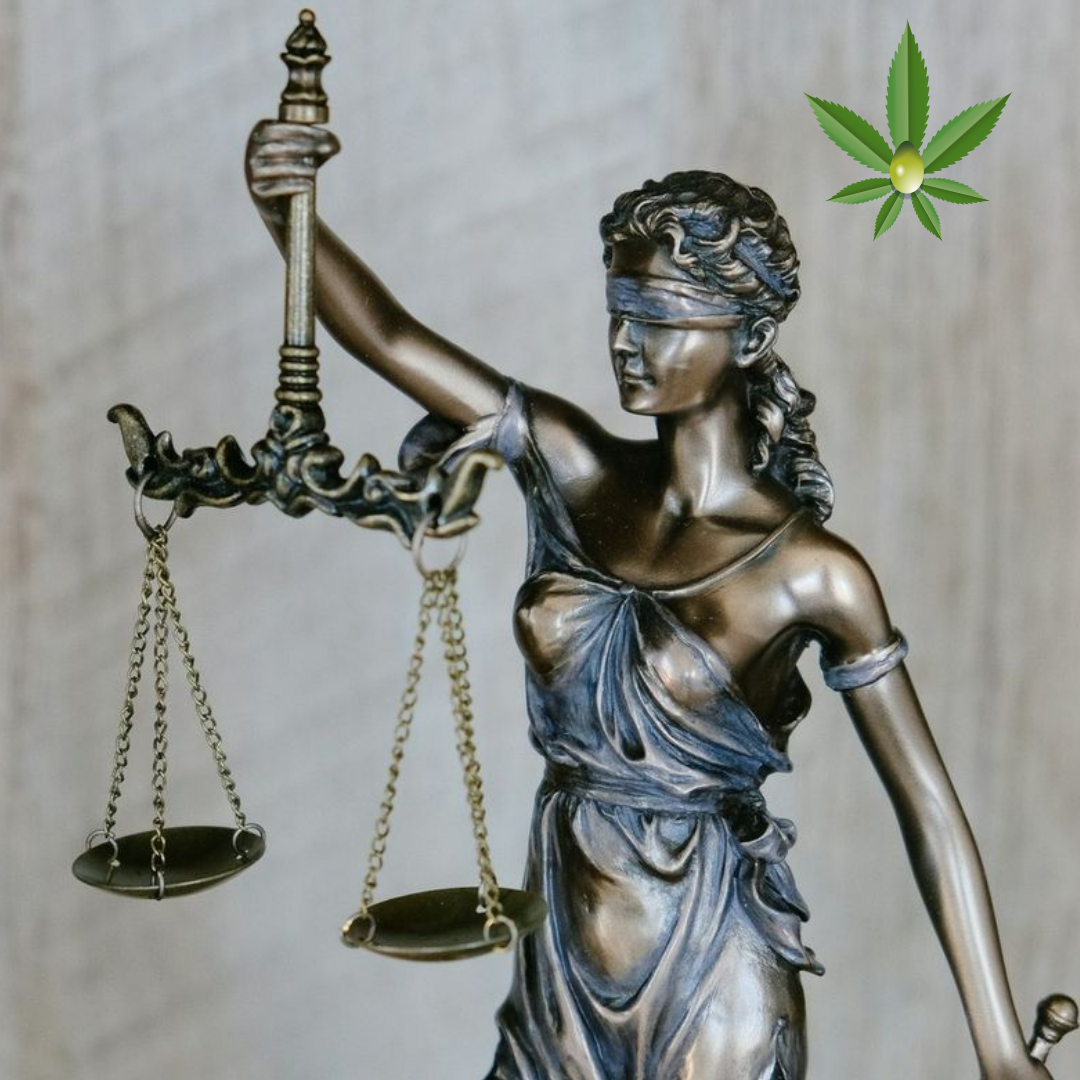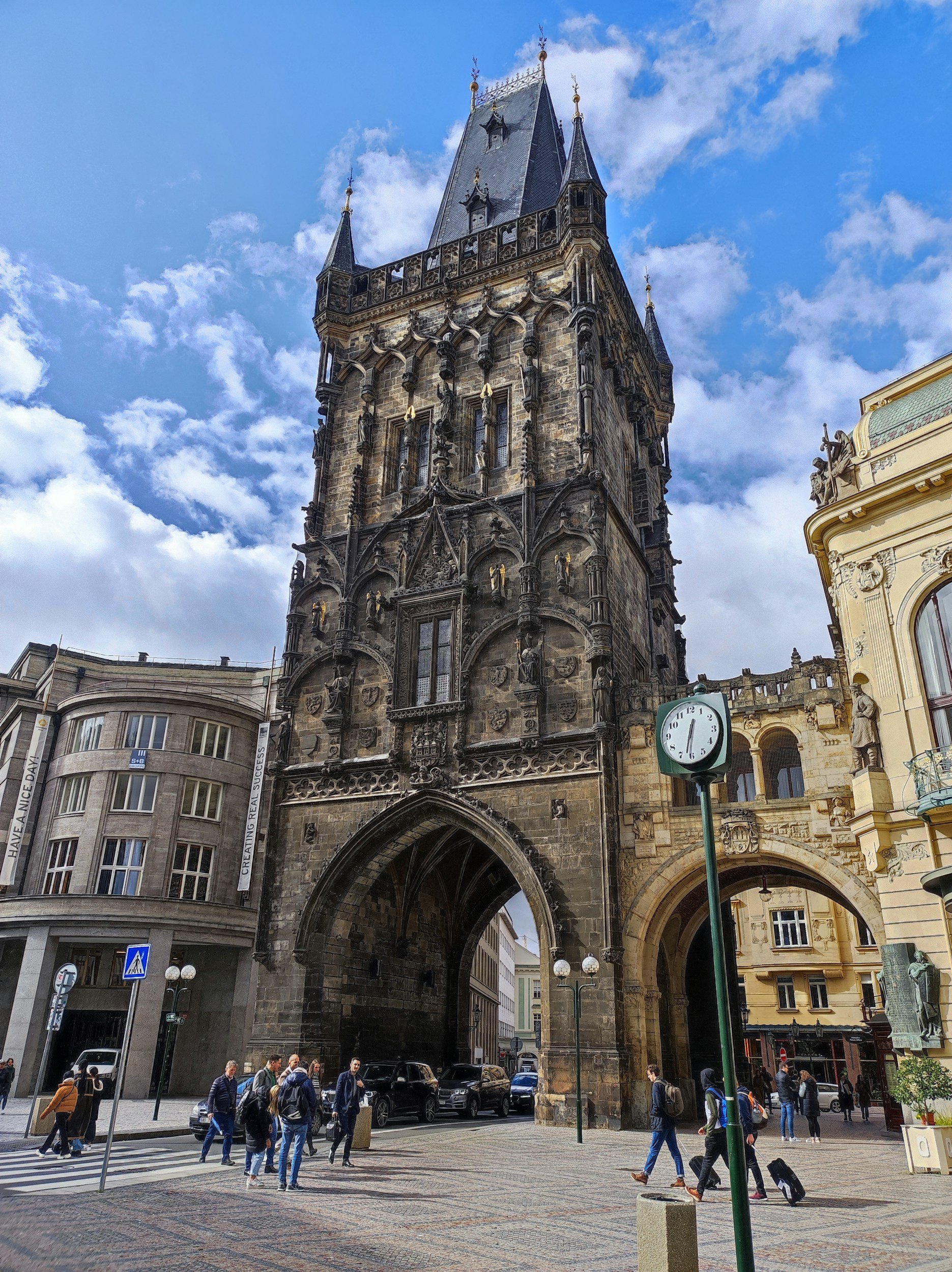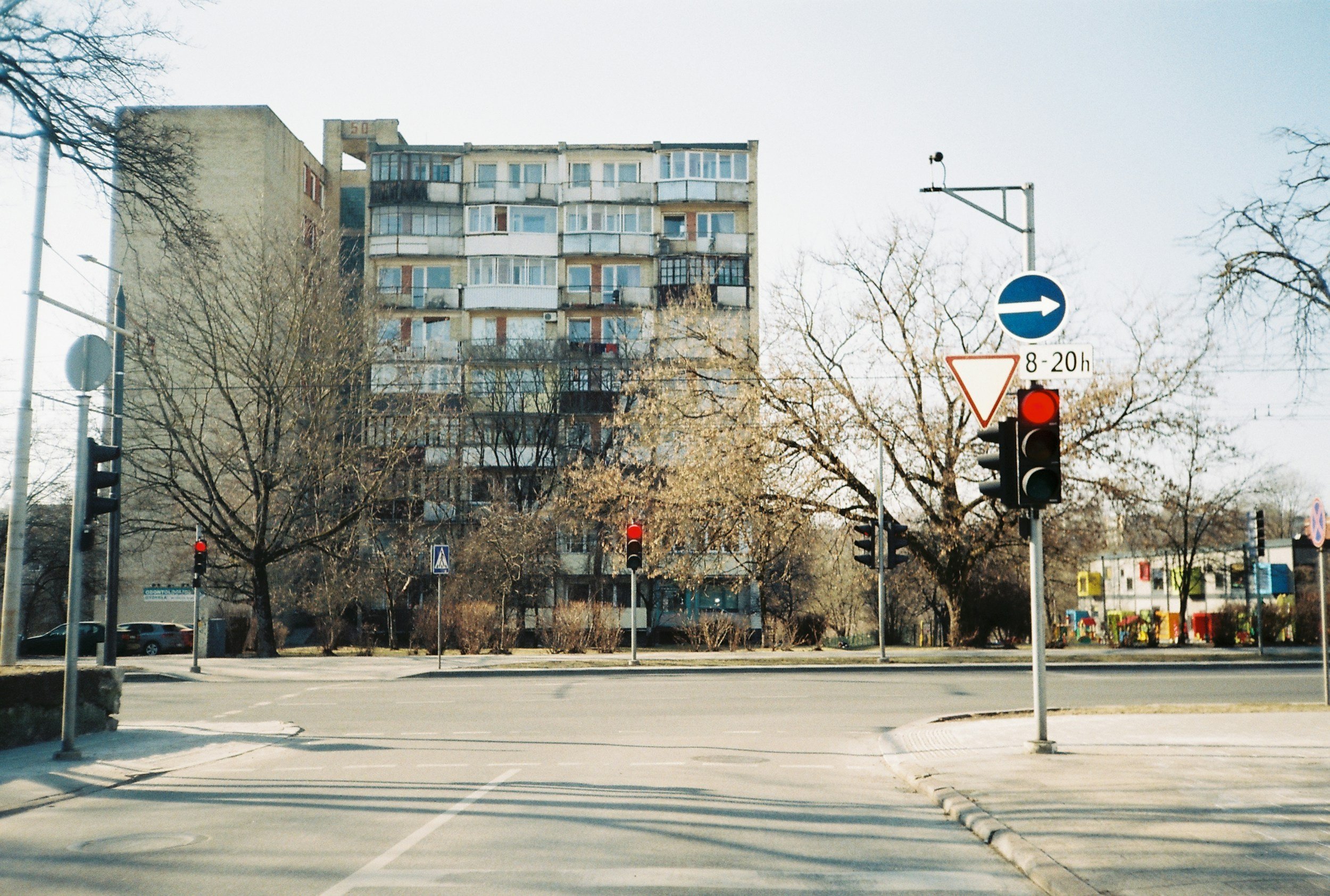
The Legalization of CBD and THC in Europe: A Comprehensive Guide
Share
Introduction
The legalization and regulation of cannabis products, including cannabidiol (CBD) and tetrahydrocannabinol (THC), vary significantly across Europe. While CBD is largely accepted for its non-psychoactive properties and potential therapeutic benefits, THC remains a controlled substance due to its psychoactive effects. This article explores the legal landscape for CBD, THC, and other cannabinoids across various European countries, detailing their legal limits and regulations.
European Union Framework

Legalization of Cannabis in Europe
CBD and THC
The European Union (EU) provides a general regulatory framework for member states, but the specific implementation and enforcement of laws regarding CBD and THC are managed at the national level. As of now, the EU allows the cultivation of hemp (Cannabis sativa L.) with a THC content not exceeding 0.2%. Products containing CBD derived from hemp must also adhere to this limit to be legally marketed across the EU.
Novel Foods Regulation
In January 2019, the European Commission classified CBD as a novel food, meaning that CBD products must undergo a safety assessment and receive authorization before being sold in the EU. This regulation aims to ensure the safety and quality of CBD products available to consumers.
Medical Use of THC
The medical use of THC is subject to strict regulations within the EU. Member states are allowed to implement their own medical cannabis programs, which must comply with EU standards. These programs typically involve stringent controls on cultivation, production, and distribution to ensure patient safety.
Country-Specific Regulations
Austria

Legalization of Cannabis in Austria
In Austria, CBD is legal if it is derived from industrial hemp with a THC content below 0.3%. CBD products must not be marketed as food or dietary supplements, and there are strict guidelines on labeling and advertising. THC remains illegal for recreational use but is allowed for medical purposes under strict regulation. Medical cannabis products containing THC are available to patients with a prescription for conditions such as chronic pain, multiple sclerosis, and chemotherapy-induced nausea and vomiting.
Belgium

Legalization of Cannabis in Belgium
Belgium permits the sale of CBD products containing less than 0.2% THC. These products are classified as novel foods and must comply with EU regulations. The use of THC is strictly regulated and permitted only for medical purposes under a controlled environment. Medical cannabis with higher THC content can be prescribed for certain conditions, including chronic pain, epilepsy, and cancer-related symptoms.
Bulgaria

Legalization of Cannabis in Bulgaria
Bulgaria was one of the first EU countries to permit the free sale of CBD products, provided they contain less than 0.2% THC. CBD products must comply with EU novel foods regulations. THC is illegal for recreational use but permitted for medical use under specific conditions. Bulgarian law allows for the prescription of THC-containing medical cannabis for conditions such as epilepsy and severe chronic pain.
Croatia

Legalization of Cannabis in Croatia
Croatia allows the sale of CBD products with less than 0.2% THC. These products are regulated under the novel foods framework. THC is illegal for recreational use but permitted for medical use with a prescription. Medical cannabis containing THC can be prescribed for a range of conditions, including multiple sclerosis, cancer, and chronic pain, under strict medical supervision.
Cyprus

Legalization of Cannabis in Cyprus
In Cyprus, CBD products are legal if they contain less than 0.2% THC. These products must comply with EU novel foods regulations. THC is illegal for recreational use but permitted for medical use under strict conditions. The medical cannabis program in Cyprus allows for the prescription of THC-containing products for conditions such as chronic pain, epilepsy, and cancer-related symptoms.
Czech Republic

Legalization of Cannabis in Czech Republic
The Czech Republic has more lenient laws regarding cannabis. CBD is legal if derived from hemp with less than 0.3% THC. Recreational use of cannabis with up to 1% THC is decriminalized, and medical use of THC is permitted under prescription. The medical cannabis program in the Czech Republic is one of the most developed in Europe, allowing for the prescription of THC-containing products for a wide range of conditions, including chronic pain, epilepsy, and cancer-related symptoms.
Denmark

Legalization of Cannabis in Denmark
Denmark permits the sale of CBD products with less than 0.2% THC. These products must adhere to the novel foods regulation. THC is illegal for recreational use but allowed for medical purposes under strict regulation. Denmark's medical cannabis program allows for the prescription of THC-containing products for conditions such as chronic pain, multiple sclerosis, and chemotherapy-induced nausea and vomiting.
Estonia

Legalization of Cannabis in Estonia
Estonia allows the sale of CBD products with less than 0.2% THC. These products must comply with EU novel foods regulations. THC is illegal for recreational use but permitted for medical use with a prescription. Estonia's medical cannabis program allows for the prescription of THC-containing products for conditions such as chronic pain and epilepsy.
Finland

Legalization of Cannabis in Finland
In Finland, CBD is classified as a medicinal product, meaning it can only be sold with a prescription. CBD products must contain less than 0.2% THC. THC is illegal for recreational use but permitted for medical use under strict conditions. Finland's medical cannabis program allows for the prescription of THC-containing products for conditions such as chronic pain, multiple sclerosis, and epilepsy.
France

Legalization of Cannabis in France
France permits the sale of CBD products derived from hemp with 0% THC. This makes France one of the stricter countries regarding THC content in CBD products. THC is illegal for recreational use but allowed for medical purposes under strict regulation. France's medical cannabis program is in the pilot phase, allowing for the prescription of THC-containing products for conditions such as chronic pain, epilepsy, and cancer-related symptoms.
Germany

Legalization of Cannabis in Germany
Germany allows the sale of CBD products with less than 0.2% THC. These products are regulated under the novel foods framework. THC is illegal for recreational use but permitted for medical use under prescription. Germany's medical cannabis program is one of the most comprehensive in Europe, allowing for the prescription of THC-containing products for a wide range of conditions, including chronic pain, multiple sclerosis, and epilepsy.
Greece

Legalization of Cannabis in Greece
In Greece, CBD products are legal if they contain less than 0.2% THC. These products must comply with EU novel foods regulations. THC is illegal for recreational use but allowed for medical purposes under strict conditions. Greece's medical cannabis program allows for the prescription of THC-containing products for conditions such as chronic pain, epilepsy, and cancer-related symptoms.
Hungary

Legalization of Cannabis in Hungary
Hungary permits the sale of CBD products with less than 0.2% THC. These products must adhere to the novel foods regulation. THC is illegal for recreational use but allowed for medical use under specific conditions. Hungary's medical cannabis program is limited, allowing for the prescription of THC-containing products for a few conditions, including chronic pain and epilepsy.
Iceland

Legalization of Cannabis in Iceland
Iceland allows the sale of CBD products with less than 0.2% THC. These products must comply with EU novel foods regulations. THC is illegal for recreational use but permitted for medical use with a prescription. Iceland's medical cannabis program allows for the prescription of THC-containing products for conditions such as chronic pain and epilepsy.
Ireland

Legalization of Cannabis in Ireland
In Ireland, CBD is legal if derived from hemp with less than 0.2% THC. CBD products must comply with EU novel foods regulations. THC is illegal for recreational use but permitted for medical use under strict conditions. Ireland's medical cannabis program allows for the prescription of THC-containing products for conditions such as chronic pain, epilepsy, and multiple sclerosis.
Italy

Legalization of Cannabis in Italy
Italy permits the sale of CBD products with less than 0.6% THC, which is higher than the EU average. These products are regulated under the novel foods framework. THC is illegal for recreational use but allowed for medical purposes under strict regulation. Italy's medical cannabis program allows for the prescription of THC-containing products for conditions such as chronic pain, multiple sclerosis, and chemotherapy-induced nausea and vomiting.
Latvia

Legalization of Cannabis in Latvia
Latvia allows the sale of CBD products with less than 0.2% THC. These products must comply with EU novel foods regulations. THC is illegal for recreational use but permitted for medical use with a prescription. Latvia's medical cannabis program allows for the prescription of THC-containing products for conditions such as chronic pain and epilepsy.
Lithuania

Legalization of Cannabis in Lithuania
In Lithuania, CBD products are legal if they contain less than 0.2% THC. These products must adhere to the novel foods regulation. THC is illegal for recreational use but permitted for medical use under specific conditions. Lithuania's medical cannabis program allows for the prescription of THC-containing products for conditions such as chronic pain and epilepsy.
Luxembourg

Legalization of Cannabis in Luxembourg
Luxembourg allows the sale of CBD products with less than 0.3% THC. These products must comply with EU novel foods regulations. THC is decriminalized for personal use in small amounts and permitted for medical use under prescription. Luxembourg's medical cannabis program allows for the prescription of THC-containing products for conditions such as chronic pain, epilepsy, and multiple sclerosis.
Malta

Legalization of Cannabis in Malta
In Malta, CBD products are legal if they contain less than 0.2% THC. These products must adhere to the novel foods regulation. THC is illegal for recreational use but permitted for medical use with a prescription. Malta's medical cannabis program allows for the prescription of THC-containing products for conditions such as chronic pain, epilepsy, and multiple sclerosis.
Netherlands

Legalization of Cannabis in Netherlands
The Netherlands permits the sale of CBD products with less than 0.05% THC, which is stricter than the EU average. Recreational use of cannabis with up to 0.5% THC is decriminalized, and medical use of THC is allowed under prescription. The Netherlands' medical cannabis program is one of the most developed in Europe, allowing for the prescription of THC-containing products for a wide range of conditions, including chronic pain, epilepsy, and multiple sclerosis.
Norway

Legalization of Cannabis in Norway
Norway allows the sale of CBD products with less than 0.2% THC. These products must comply with EU novel foods regulations. THC is illegal for recreational use but permitted for medical use under strict conditions. Norway's medical cannabis program allows for the prescription of THC-containing products for conditions such as chronic pain, epilepsy, and multiple sclerosis.
Poland

Legalization of Cannabis in Poland
Poland permits the sale of CBD products with less than 0.2% THC. These products must adhere to the novel foods regulation. THC is illegal for recreational use but allowed for medical purposes under strict regulation. Poland's medical cannabis program allows for the prescription of THC-containing products for conditions such as chronic pain, epilepsy, and multiple sclerosis.
Portugal

Legalization of Cannabis in Portugal
Portugal allows the sale of CBD products with less than 0.2% THC. These products must comply with EU novel foods regulations. THC is decriminalized for personal use in small amounts and permitted for medical use under prescription. Portugal's medical cannabis program allows for the prescription of THC-containing products for conditions such as chronic pain, epilepsy, and multiple sclerosis.
Romania

Legalization of Cannabis in Romania
In Romania, CBD products are legal if they contain less than 0.2% THC. These products must adhere to the novel foods regulation. THC is illegal for recreational use but permitted for medical use with a prescription. Romania's medical cannabis program allows for the prescription of THC-containing products for conditions such as chronic pain and epilepsy.
Slovakia

Legalization of Cannabis in Slovakia
Slovakia has stricter laws regarding CBD and THC. CBD is classified as a psychoactive substance and is illegal. THC is also illegal for both recreational and medical use. Slovakia remains one of the few EU countries with a complete ban on CBD.
Slovenia

Legalization of Cannabis in Slovenia
Slovenia permits the sale of CBD products with less than 0.2% THC. These products must adhere to the novel foods regulation. THC is illegal for recreational use but allowed for medical purposes under strict regulation. Slovenia's medical cannabis program allows for the prescription of THC-containing products for conditions such as chronic pain and epilepsy.
Spain

Legalization of Cannabis in Spain
Spain allows the sale of CBD products with less than 0.2% THC. These products must comply with EU novel foods regulations. THC is decriminalized for personal use in private spaces and permitted for medical use under prescription. Spain's medical cannabis program allows for the prescription of THC-containing products for conditions such as chronic pain, epilepsy, and multiple sclerosis.
Sweden

Legalization of Cannabis in Sweden
In Sweden, CBD is classified as a medicinal product, meaning it can only be sold with a prescription. CBD products must contain 0% THC, making Sweden one of the stricter countries regarding THC content. THC is illegal for recreational use but permitted for medical use under strict conditions. Sweden's medical cannabis program allows for the prescription of THC-containing products for conditions such as chronic pain and epilepsy.
Switzerland

Legalization of Cannabis in Switzerland
Although not an EU member, Switzerland has notable regulations. CBD products are legal with a THC content below 1%, which is significantly higher than the EU average. THC is illegal for recreational use but allowed for medical purposes under strict regulation. Switzerland's medical cannabis program allows for the prescription of THC-containing products for conditions such as chronic pain, epilepsy, and multiple sclerosis.
United Kingdom

Legalization of Cannabis in United Kingdom (UK)
Following Brexit, the UK has its own regulations. CBD products are legal if they contain less than 1mg of THC per product. These products must comply with the novel foods regulation. THC is illegal for recreational use but permitted for medical use under prescription. The UK's medical cannabis program allows for the prescription of THC-containing products for conditions such as chronic pain, epilepsy, and multiple sclerosis.
Other Cannabinoids
Cannabigerol (CBG)
CBG is gaining attention for its potential therapeutic benefits. The legal status of CBG typically follows the same regulations as CBD, meaning it must be derived from hemp with a THC content below the legal limit (0.2% or as specified per country). Research on CBG is still in its early stages, but it is believed to have potential benefits for conditions such as inflammation, pain, and bacterial infections.
Cannabinol (CBN)
CBN is another cannabinoid with potential medicinal properties. Its legal status is less clear, but in most cases, it is regulated similarly to CBD and CBG, adhering to the THC limits set by each country. CBN is known for its sedative effects and is being studied for its potential benefits in treating sleep disorders and pain.
Tetrahydrocannabinolic Acid (THCA)
THCA is the non-psychoactive precursor to THC. It is typically legal in countries where raw hemp products are allowed, provided the THC content remains below the legal limit. THCA is being studied for its potential anti-inflammatory and neuroprotective properties.
Cannabichromene (CBC)
CBC is another cannabinoid with potential health benefits. Its legal status generally follows that of CBD, meaning it must be derived from hemp with a THC content below the legal limit. CBC is being researched for its potential benefits in treating pain, inflammation, and depression.
Conclusion
The legal landscape for CBD, THC, and other cannabinoids in Europe is complex and varies significantly between countries. While the European Union provides a general regulatory framework, individual countries have their own laws and regulations that must be followed. It is crucial for consumers and businesses to stay informed about the specific legal requirements in their country to ensure compliance and avoid legal issues.
As research continues to uncover the potential benefits of various cannabinoids, it is likely that regulations will evolve to reflect these findings. This could lead to more harmonized laws across Europe, making it easier for consumers to access high-quality cannabis products for both medical and recreational use.
For those interested in exploring the benefits of CBD and other cannabinoids, it is essential to choose products from reputable sources that comply with local regulations. This ensures not only the safety and efficacy of the products but also supports the continued growth and acceptance of the cannabis industry in Europe.






























































